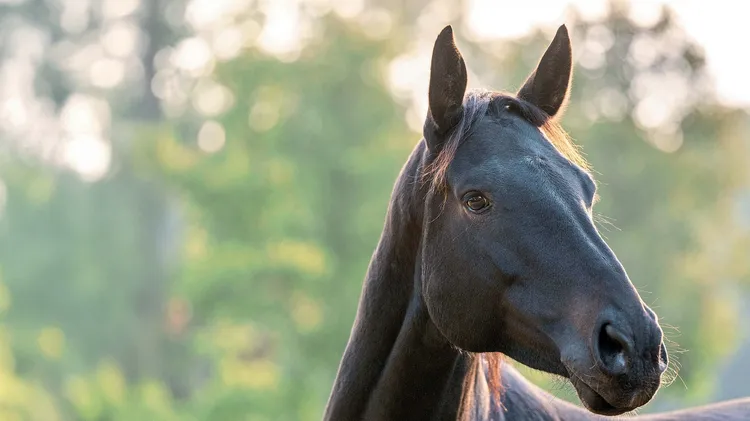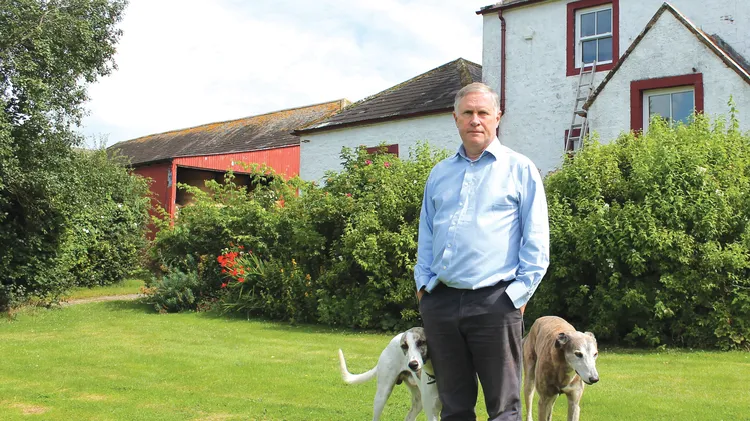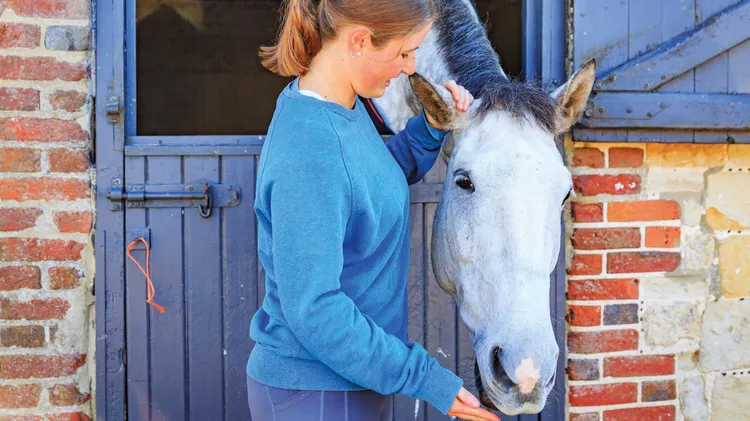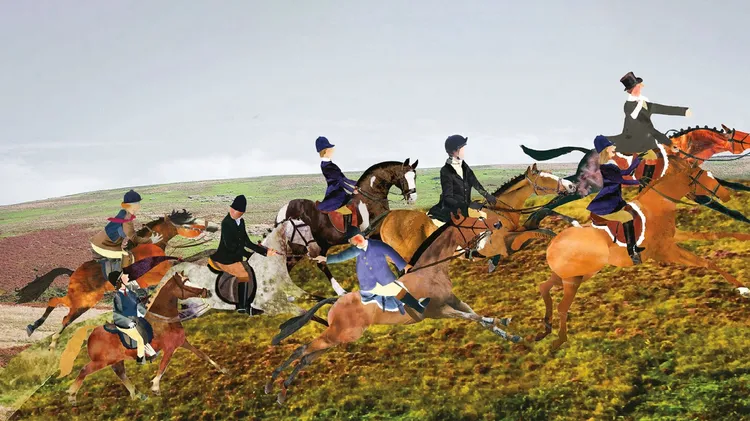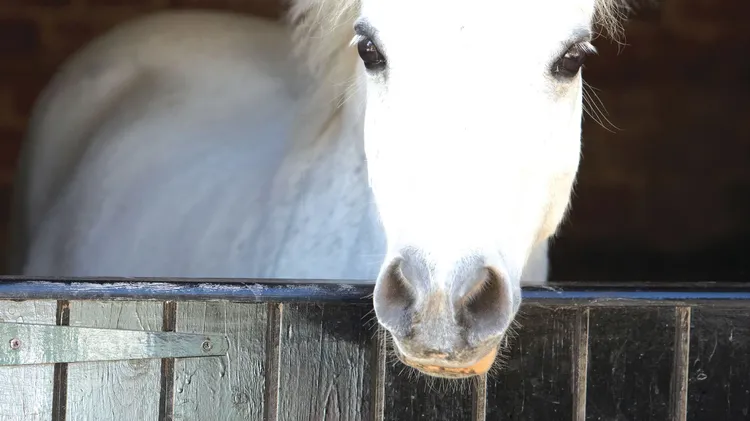Angela Finlayson looks at the impact horses have left on the English language.
Equine idioms
2 min read
This article is from...
Read this article and 8000+ more magazines and newspapers on Readly

